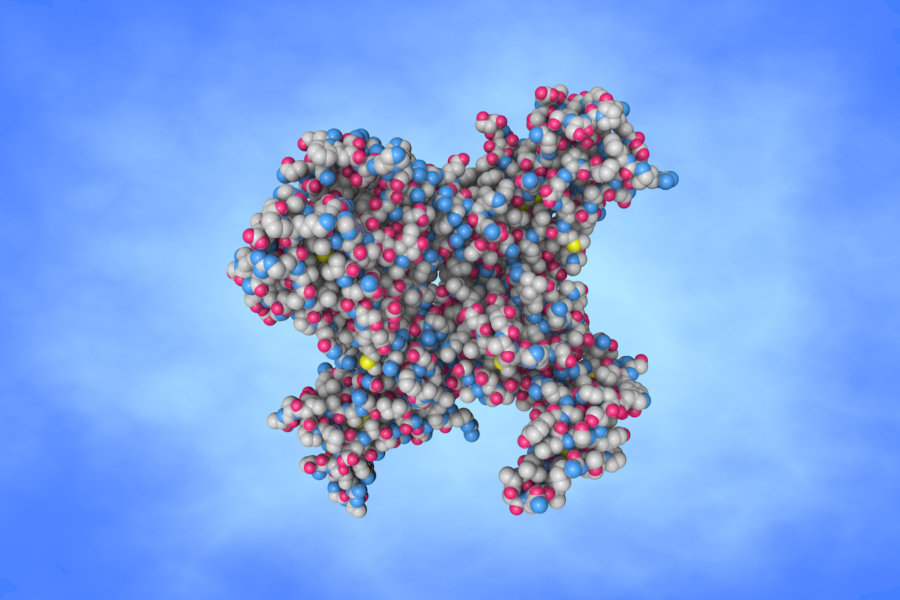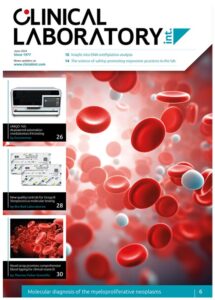Calypso Biotech begins dosing of first Eosinophilic Esophagitis patient in trial of CALY-002
Calypso Biotech, a leader in the development of Interleukin-15 (IL-15) targeted therapies, has begun dosing of the first Eosinophilic Esophagitis patient in the multiple dosing part of the Phase 1 clinical trial of CALY-002, a novel humanized – and highly differentiated – monoclonal antibody neutralizing IL-15. The ongoing Phase 1 clinical study of CALY-002 includes a single ascending dose (SAD) in healthy volunteers as well as multiple ascending dosing (MAD) in cohorts of patients with Celiac Disease or Eosinophilic Esophagitis, two indications with significant unmet medical need where IL-15 plays a critical role in their pathogenesis.
The SAD part of the study has been completed. Across the wide range of tested dose levels in Healthy Volunteers, CALY-002 was well tolerated, with a PK profile typical for IgG monoclonal antibodies. Importantly, target engagement (i.e., IL-15 blockade) was demonstrated through the reduction of NK cell numbers in blood, owing to the well-known role of IL-15 as a homeostatic factor for NK cells. CALY-002 is the first IL-15-specific antibody to demonstrate blood NK cell reduction in humans, underpinning its unique and differentiated profile.
The MAD part of the study in patients with Celiac Disease or Eosinophilic Esophagitis is currently progressing into the highest dose cohorts. This phase investigates safety, PK, pharmacology, disease biomarkers and clinical efficacy end-points including histology of multiple doses of CALY-002 or placebo over either an 8-week treatment period in a gluten-challenge setting (Celiac Disease) or a 12-week period of open label CALY-002 treatment (Eosinophilic Esophagitis). Top-line histology data will be generated in 2023 for both indications.
Further, CALY-002 was demonstrated to be active in a recently developed humanized model of Atopic Dermatitis, results were presented at the 51st European Society for Dermatological Research conference in Amsterdam in September. These important data further highlight the potential of CALY-002 in multiple autoimmune indications.




